Dhaka, Nov 19, (V7N)– The National Board of Revenue (NBR) is implementing strategic reforms to align Bangladesh’s tariff structure with World Trade Organization (WTO) rules ahead of the nation’s scheduled graduation from Least Developed Country (LDC) status in 2026.
The NBR has identified 60 tariff lines where the combined customs duty and other charges currently exceed the bound tariff rates agreed upon with the WTO. According to an official document outlining the midterm macroeconomic policy statement, these rates will be rationalized progressively to comply with WTO commitments.
This move follows the government’s plan to phase out minimum import prices, streamline Supplementary Duties (SD), and gradually eliminate Regulatory Duties (RD) by 2026. As part of this effort, the budget for FY24 already removed RD on 191 products and SD on 234 items.
To balance compliance with international trade rules and protect domestic industries, the government aims to make incremental reductions in import duties. Officials have emphasized that abrupt changes could harm local industries and revenue generation.
The newly implemented National Tariff Policy 2023, effective since August 2023, seeks to:
Rationalize the tariff structure while aligning with WTO standards.
Facilitate free trade agreements with key trading partners.
The policy reflects a shift from reliance on trade taxes towards a greater emphasis on direct taxes and VAT for revenue generation, reducing the anti-export bias inherent in current trade policies.
Bangladesh's planned graduation from LDC status in November 2026 necessitates a robust post-graduation strategy to maintain its competitive edge. The tariff rationalization initiative, combined with reduced dependency on import taxes, aims to foster export-oriented growth and strengthen the local business ecosystem.
The government’s phased approach also considers the broader fiscal objective of mitigating potential revenue losses from tariff cuts through enhanced domestic business activity.
As Bangladesh moves towards its LDC graduation, the reforms are expected to position the country as a more competitive player in global markets. By aligning its tariff policies with international standards, the government aims to ensure sustainable economic growth while supporting local industries during the transition.



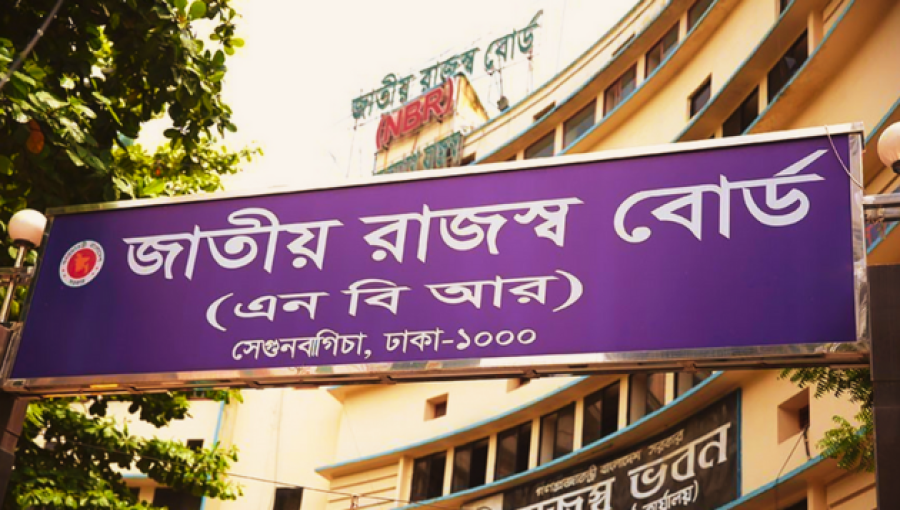

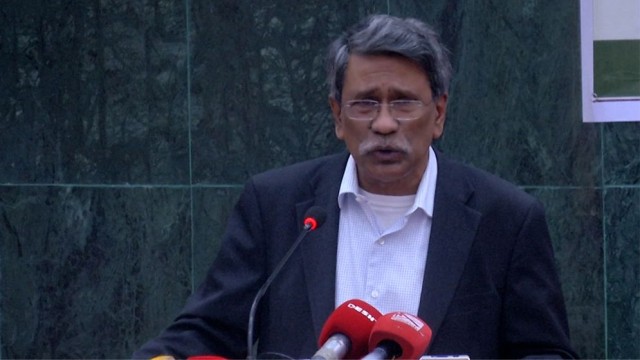

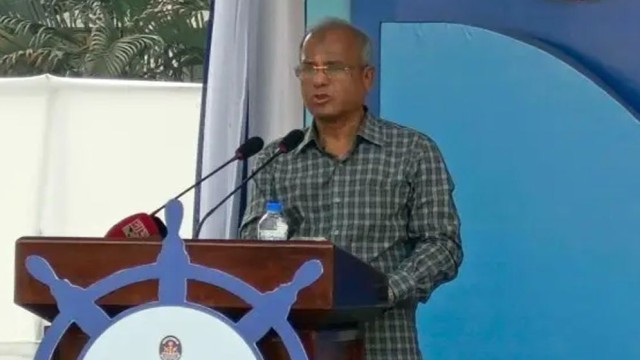




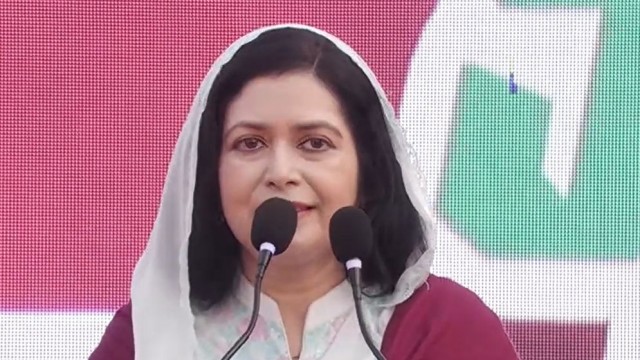



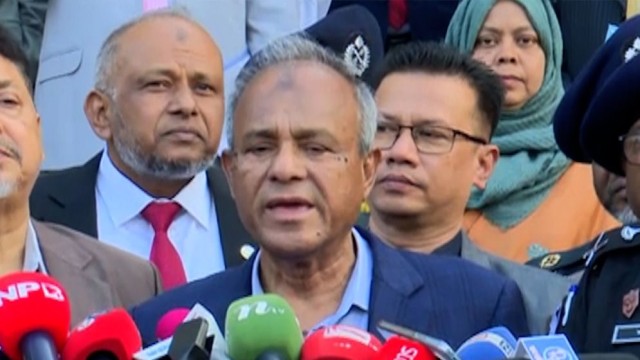













Comment: